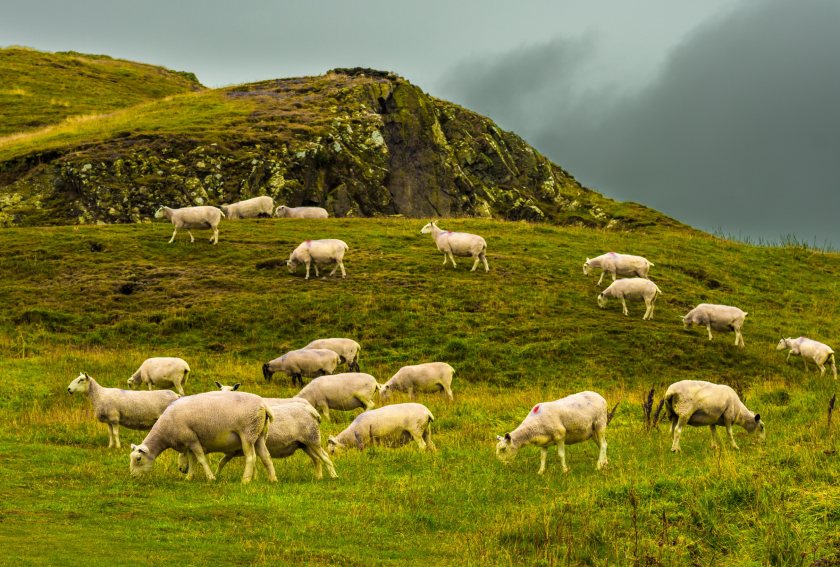
NFU Scotland has called on the Scottish government to 'rebase' less favoured support to make it better targeted at those keeping beef cattle and sheep in uplands and islands.
Scotland’s Less Favoured Areas Support Scheme (LFASS) is set to continue until at least 2026, but new conditions on delivery could be rolled out from 2025.
NFU Scotland has argued that more effective targeting of LFASS funding could be achieved if it were "rebased" in the interest of creating a fairer system.
The upland support scheme is currently run on historic livestock numbers based on cattle and sheep being kept in 2009.
However, over the past 13 years, many agricultural businesses have restructured, with some having increased eligible livestock numbers, and some reducing them.
To address this flaw, given the intention to now retain LFASS to 2026, NFU Scotland said the Scottish government should "rebase LFASS using more contemporary livestock data".
The union added that the scheme should be based on information on cattle and sheep already gathered for 2022 as the most recent ‘closed’ year.
NFU Scotland also seeks the retention of the current £65.5m LFASS budget and that any ‘underspend’ as a result of the rebasing exercise be recycled back into LFASS through increased payment rates.
The union's LFA Committee chair, Peter Kennedy said rebasing would provide "greater fairness and equality" to the support scheme.
He warned that the scheme's real value had "eroded over time" as input costs for farmers and crofters had soared.
“Rebasing and a retention of the existing £65.5m budget could enable increases in the current payment rates, as well as ensuring this support is more effectively targeted at those actively keeping cattle and sheep.
"The Scottish government set the precedent for this in 2009 when rebasing lead to significant uplifts in payment rates," Mr Kennedy explained.
“In addition, rebasing of LFASS should also account for new and developing businesses and would avoid creating so-called ‘anomaly’ cases as has happened with previous rebasing exercises.
"NFU Scotland would like to see an effective and accessible appeals mechanism for any agricultural business that might be ‘frozen’ out or significantly disadvantaged as a result of restructuring or being a new entrant.”
